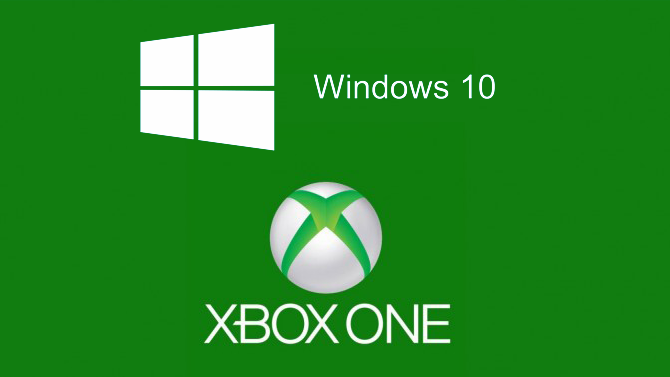During a livestreamed Q&A from Build 2015, Microsoft Universal Windows Platform Program Managers Brent Rector and Peter Torr explained how the new policies will affect supported devices, including the Xbox One.
Previously, Windows 8 and 8.1 had a series of API available to them. Then there was Windows Phone, and it had its own API. Xbox had its own set of API as well. What Microsoft wanted to do is bringing the best of those API together and then expand it with more capabilities based on customer feedback with the Universal Windows Platform.
The default policy going forward is that all new API are part of the Universal Platform, which means that every new API that will be released from now on will work on all three platforms.
There are some subtleties to that, and an example that was brought up was the API for a scanner. It wouldn't make a lot of sense on the Xbox One. The API will still be there, but it will detect that there's no scanner connected and simply remain dormant.
This means that developers won't have to write different code, at least to the extent to which Microsoft can "humanly make it universal." It's "truly a single code base"
Of course there might still be differences between devices for what concerns the UI. While the code base is the same, if you're projecting your app on a ten foot screen or on HoloLens, you probably want a different UI. That is a choice left to developers, but different UI can coexist in the same app, with the same code.
That said, the "One core platform" is the same for all devices, including Xbox, Windows, phones and even servers.
Building game engines for universal apps will be "relatively easy." Developers will pick their language, manage the code, they'll write to the universal API set, and that way they'll have a library that any universal app can use. It will be a lot easier than before.
Additionally, and this is something very useful for games, Windows 10 will bring back thread affinity with a way to allocate workloads to various threads. This will work on devices with cooling fans, like a PC, while on phones, that don't have a fan so they might overheat, workloads will still be "moved around a little bit."
It'll certainly be interesting to see how much developers will embrace the idea of the Universal Windows Platform, and how much it will affect the Xbox One. Doubtlessly, we'll see the number of supported apps explode.

